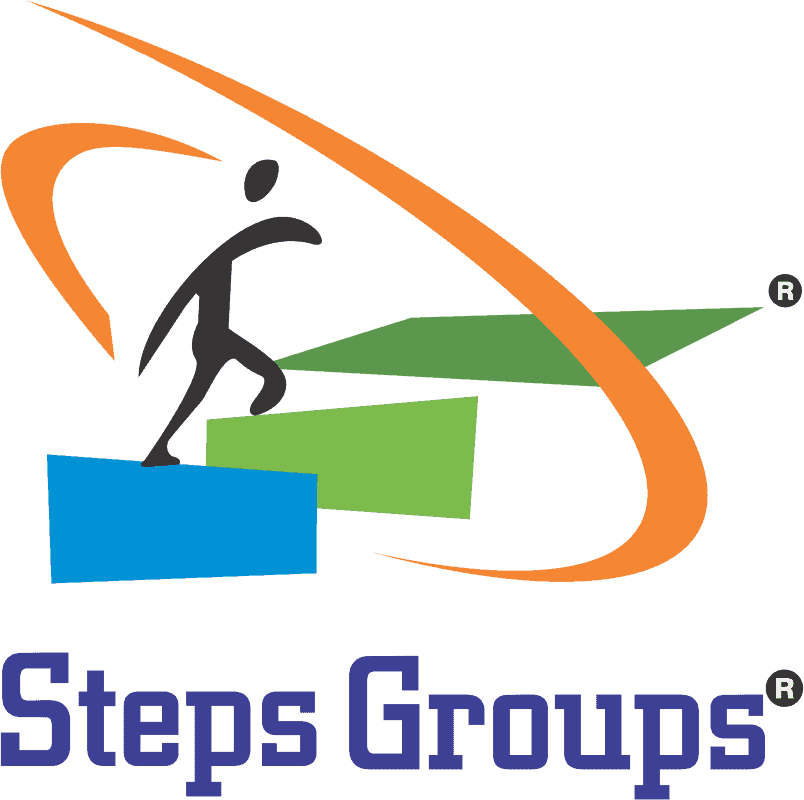Occupational Therapy Activities for Children

Occupational therapy helps children gain independence and improve their daily living skills through tailored activities. This therapy targets various areas from fine motor skills to social interaction, enabling children to navigate their worlds better. Occupational therapy is particularly beneficial for children experiencing developmental delays or challenges. Through structured activities, children learn to process sensory information, manage self-care tasks, and interact effectively with others.
The ultimate goal is to foster independence, improve development, and boost confidence, all in a nurturing environment.
Types of Occupational Therapy Activities
Occupational therapy offers a wide range of activities, each tailored to meet specific developmental needs. Here is a look at some key types:
- Sensory Integration
Sensory integration therapy aids children who struggle with sensory processing issues. Through engaging activities like textured play or balance exercises, children learn to process and react to different sensory stimuli, improving their focus and behavior during everyday tasks.
- Activities of Daily Living
This involves teaching essential self-care skills such as dressing, eating, and grooming. Using practical, step-by-step teaching methods, therapists help children master these tasks, promoting independence and building confidence in their ability to care for themselves.
- Functional Independence
Occupational therapy promotes functional independence through structured activities that develop decision-making and motor skills. Tasks like sorting laundry or assembling simple snacks empower children to perform everyday activities independently, boosting their self-esteem and practical life skills.
- School Readiness
Therapists prepare children for school by improving fine motor skills and cognitive abilities necessary for academic success. Activities that focus on handwriting, using scissors, and following classroom routines equip kids with the tools they need to thrive in a school setting.
- Speech and Communication
While primarily known for motor skill development, occupational therapy also supports speech and communication. Activities designed to strengthen oral motor skills, like blowing bubbles or practicing syllable sounds, help improve articulation and fluency, essential for clear communication.
- Range of Motion
Activities that improved a range of motion in a child include stretching, reaching, and gentle exercises designed to improve joint flexibility and muscle strength. These exercises help children perform movements more freely, increasing their ability to participate in more physical activities and daily tasks.
- Mobility
Occupational therapy assists children with mobility issues through exercises and tasks that promote safe and effective movement. Whether navigating an obstacle course or practicing using mobility aids, these activities help children become more independent in moving around their environments.
- Cognitive
Cognitive-focused OT activities improve mental skills like memory, attention, and problem-solving. Engaging in puzzles, sequencing games, and strategy-based activities, children improve their cognitive functions, which are crucial for learning and adapting to new challenges.
- Perception
Perceptual activities in occupational therapy help children better understand and respond to the world around them. Tasks might include matching shapes, identifying patterns, or sorting objects by size and color, which are vital for developing accurate perceptual skills.
- Social and Communication
Social skills are vital for child development. Occupational therapy often includes group activities where children can learn and practice social skills such as sharing, cooperating, and communicating effectively. These sessions help strengthen the ability of children to interact appropriately in social settings.
Conclusion
Occupational therapy offers a versatile range of activities designed to address various developmental needs of children. By engaging in targeted activities, children not only improve their motor and cognitive skills but also their social and perceptual abilities, leading to greater independence and confidence. This holistic approach ensures that each child can achieve their full potential in a supportive environment.


